Embark on a cinematic journey through the labyrinth of the human mind with our curated selection of the top 10 psychological films that promise to shift your perspective and challenge your understanding of reality. These films delve deep into the psyche, exploring themes of identity, perception, and the very nature of reality itself. Each film in this collection has been chosen for its ability to provoke thought, evoke emotion, and leave a lasting impression on the viewer, making them invaluable for anyone interested in the complexities of the human mind.

Fight Club (1999)
Description: An insomniac office worker and a soap maker form an underground fight club that evolves into something much larger, exploring themes of identity, consumerism, and rebellion.
Fact: The film was initially a commercial disappointment but has since become a cult classic. The twist ending was kept secret during production.
 Watch Now
Watch Now
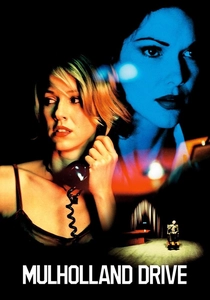
Mulholland Drive (2001)
Description: David Lynch's surreal narrative follows an aspiring actress and an amnesiac woman in Hollywood, weaving a dream-like exploration of identity, desire, and the dark side of fame.
Fact: Originally conceived as a TV pilot, it was re-edited into a feature film after the pilot was not picked up.
 Watch Now
Watch Now
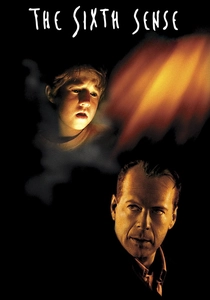
The Sixth Sense (1999)
Description: A young boy who communicates with spirits seeks help from a psychologist, leading to a profound revelation about life, death, and the unseen world around us.
Fact: The film's iconic twist ending was so well-kept that even the actors were unaware of it until the end of filming.
 Watch Now
Watch Now
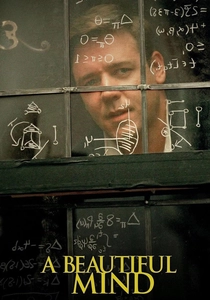
A Beautiful Mind (2001)
Description: This film portrays the life of John Nash, a brilliant mathematician who struggles with schizophrenia. It's a poignant exploration of genius, mental illness, and the quest for normalcy.
Fact: The film took liberties with Nash's life story for dramatic effect, but it still captures the essence of his struggle and achievements.
 Watch Now
Watch Now
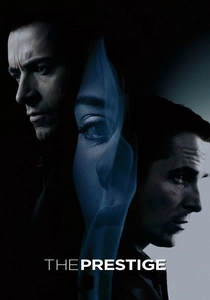
The Prestige (2006)
Description: Two stage magicians engage in a bitter rivalry, pushing the boundaries of their craft and their sanity, exploring themes of obsession, sacrifice, and the cost of ambition.
Fact: The film's title refers to the final act of a magic trick, where the magician makes the impossible seem real, mirroring the film's own narrative structure.
 Watch Now
Watch Now

Black Swan (2010)
Description: A ballerina's obsession with perfection leads her into a psychological spiral as she prepares for the dual role in Swan Lake. The film blurs the line between art and madness.
Fact: Natalie Portman trained for a year to perform the ballet sequences, and the film won her an Academy Award for Best Actress.
 Watch Now
Watch Now
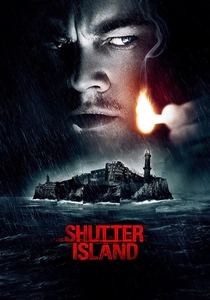
Shutter Island (2010)
Description: This film follows U.S. Marshal Teddy Daniels as he investigates the disappearance of a patient from a psychiatric facility. The narrative twists and turns, questioning the nature of reality and sanity, making it a quintessential mind-bender.
Fact: The film was shot on location at the old Medfield State Hospital in Massachusetts, which added to the eerie atmosphere. Leonardo DiCaprio improvised many of his scenes, enhancing the film's raw emotional impact.
 Watch Now
Watch Now

Inception (2010)
Description: Dom Cobb, a skilled thief, enters the subconscious mind to steal secrets. However, he must plant an idea into someone's mind, leading to a complex exploration of dreams within dreams, questioning what is real.
Fact: The film's dream sequences were inspired by the works of Salvador Dalí and M.C. Escher. The spinning top, a key symbol in the film, was actually a gift from Nolan's wife.
 Watch Now
Watch Now
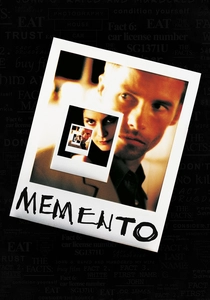
Memento (2000)
Description: A story told in reverse chronological order, 'Memento' explores the life of Leonard Shelby, who suffers from anterograde amnesia. The film's structure forces viewers to piece together the narrative, mirroring Leonard's own struggle with memory.
Fact: Christopher Nolan wrote the screenplay based on his brother Jonathan Nolan's short story. The film was shot in only 25 days.
 30 Days Free
30 Days Free
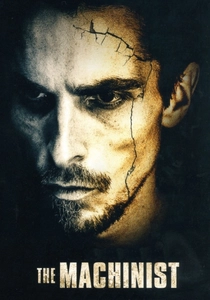
The Machinist (2004)
Description: Trevor Reznik, an insomniac machinist, unravels a mystery surrounding his own life, dealing with themes of guilt, paranoia, and the blurring lines between reality and hallucination.
Fact: Christian Bale lost over 60 pounds for the role, showcasing his commitment to portraying the physical and psychological toll on his character.
 30 Days Free
30 Days Free









